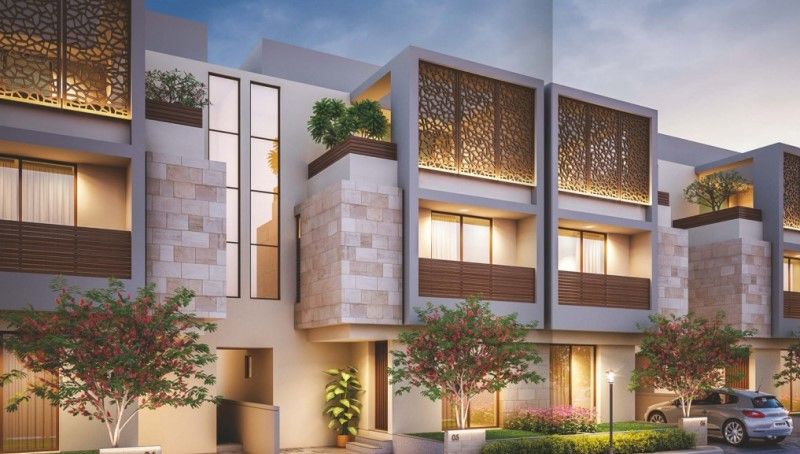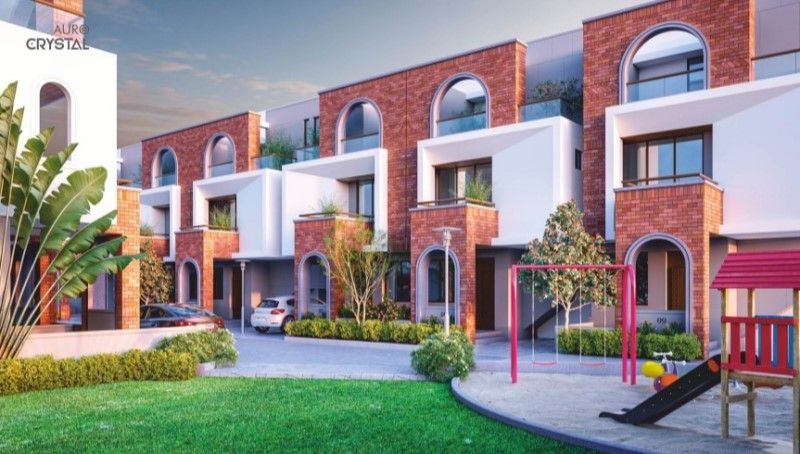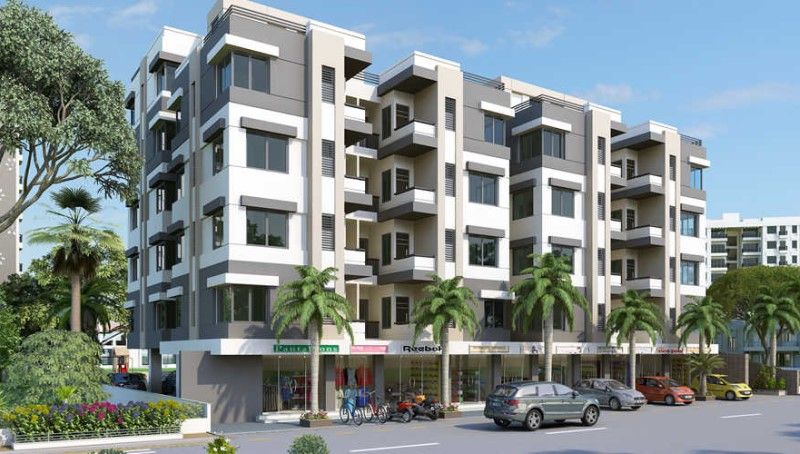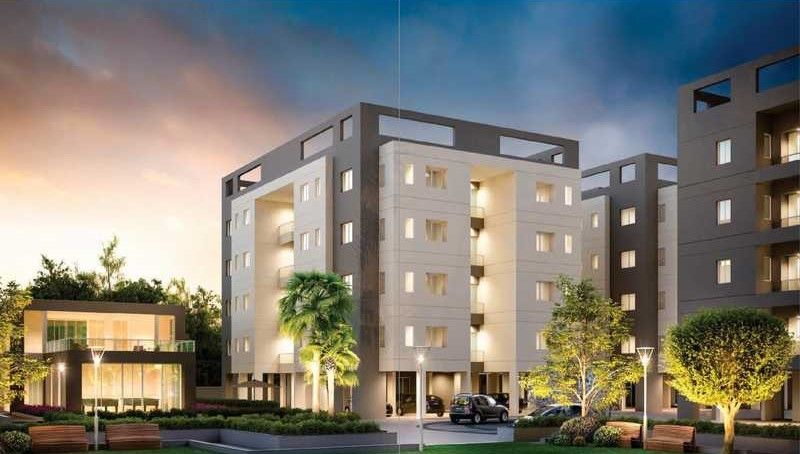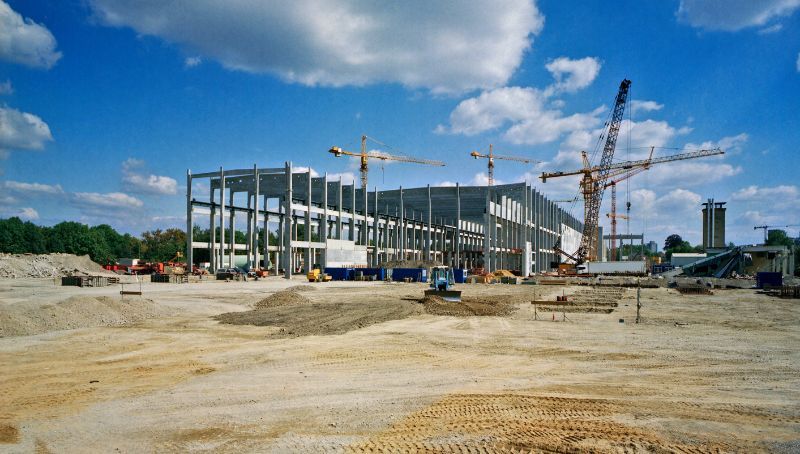Introduction
The construction industry is continually evolving, with new technologies, sustainable practices, and innovative techniques shaping its future. As we strive for safer, more efficient, and eco-friendly construction processes, it’s essential to understand these trends and their potential impact. In this article, we will explore the future of construction, examining cutting-edge technologies, sustainable strategies, and modern methodologies.
Technological Innovations in Construction
The construction industry has witnessed a surge in technological innovations that have improved efficiency, safety, and productivity. Some of the most significant advancements include:
a. Building Information Modeling (BIM): BIM is a digital representation of a building’s physical and functional characteristics. It allows architects, engineers, and construction professionals to collaborate effectively, reducing errors and increasing efficiency.
b. Drones and Robotics: Drones are used for site inspections, land surveys, and progress monitoring, while robotics are employed for repetitive tasks, such as bricklaying and concrete pouring. Both technologies help reduce labor costs and improve safety.
c. 3D Printing: 3D printing is revolutionizing the construction industry by enabling the creation of complex building components and even entire structures. This technology reduces waste, saves time, and allows for greater design flexibility.
d. Augmented and Virtual Reality (AR/VR): AR and VR technologies facilitate better communication among construction teams by providing immersive, 3D visualizations of projects. This helps reduce errors, improve decision-making, and streamline the construction process.
Sustainable Construction Practices
Sustainability is increasingly becoming a priority in the construction industry. Green building practices not only benefit the environment but also enhance the occupants’ well-being and reduce long-term costs. Some sustainable construction practices include:
a. Energy Efficiency: Utilizing energy-efficient materials, such as high-performance windows, insulation, and heating, ventilation, and air conditioning (HVAC) systems, can significantly reduce energy consumption and greenhouse gas emissions.
b. Renewable Energy: Incorporating renewable energy sources like solar panels, wind turbines, and geothermal systems into construction projects can help reduce the carbon footprint and lower operational costs.
c. Water Conservation: Rainwater harvesting, greywater recycling, and low-flow plumbing fixtures are essential for conserving water resources in construction projects.
d. Sustainable Materials: Using eco-friendly materials, such as recycled or reclaimed materials, can minimize environmental impact and promote a circular economy.
Modern Construction Methodologies
Innovative construction methodologies are reshaping the industry by offering faster, more efficient, and safer alternatives to traditional practices. Some of these methods include:
a. Modular Construction: Modular construction involves the off-site fabrication of building components, which are then transported and assembled on-site. This method reduces waste, improves quality control, and shortens construction timelines.
b. Design for Manufacture and Assembly (DfMA): DfMA is a design approach that emphasizes the ease of manufacturing and assembly. By simplifying and standardizing construction components, DfMA can reduce costs, improve quality, and accelerate project delivery.
c. Lean Construction: Lean construction aims to minimize waste and maximize value by streamlining processes, eliminating inefficiencies, and promoting collaboration among stakeholders.
Conclusion
The future of construction lies in embracing technology, sustainability, and modern practices. By adopting these strategies, the industry can improve efficiency, reduce environmental impact, and ensure the long-term success of construction projects. As the sector continues to evolve, it’s vital for construction professionals to stay informed and adapt to these emerging trends to stay competitive in the ever-changing landscape.



